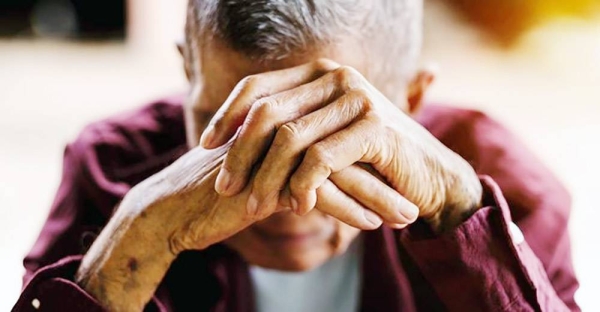
The mental health of men from BAME backgrounds has been hardest hit by the coronavirus crisis, a study has found.
BAME men experienced a far greater deterioration in their mental health during Covid-19 lockdown than their white British counterparts, but ethnicity had no impact on women’s declining mental health, the research suggests.
In December the leading psychiatrist Dr Adrian James said the coronavirus crisis posed the greatest threat to mental health since the second world war. Figures show that as many as 10 million people, including 1.5 million children, are thought to need new or additional mental health support as a direct result of the crisis.
Published in the peer-reviewed journal Plos One by academics from the University of Exeter Business School and the University of Glasgow, the study measured and compared the mental health impact of lockdown on different ethnic groups.
The study used data from the UK Household Longitudinal Study (UKHLS) of 14,523 people who were interviewed both in 2017-2019 and April 2020.
BAME men reported a deterioration of about 14% in their mental health from 2017-2019 to April 2020, but for white British males the deterioration was smaller at about 6.5%.
As reported in a previous study, women also struggled with their mental health during lockdown, experiencing a similar drop-off in their mental health to BAME men, but ethnicity was not found to have played a significant role.
Similar differences in mental health deterioration by ethnic groups were found after removing the influence of likely factors such as age, location, income, education, job type, employment status and family structure.
The study said that while existing reports and studies, including from Public Health England, have established that Covid-19 has replicated and in some cases increased health inequalities between BAME and non-BAME individuals, these have mainly focused on physical – and not mental – health.
The study’s co-author Prof Climent Quintana-Domeque, of the University of Exeter, said the pandemic was disproportionately affecting both the physical and mental health of individuals in BAME groups, and this could have dramatic consequences for the exacerbation of existing health and socioeconomic inequalities.
“Future work should focus on the biological, social and structural differences between ethnic groups that might explain the differential deterioration on mental wellbeing. This investigation is necessary to design effective policies that address the ethnic divide in the negative consequences of the Covid-19 pandemic,” she added.












